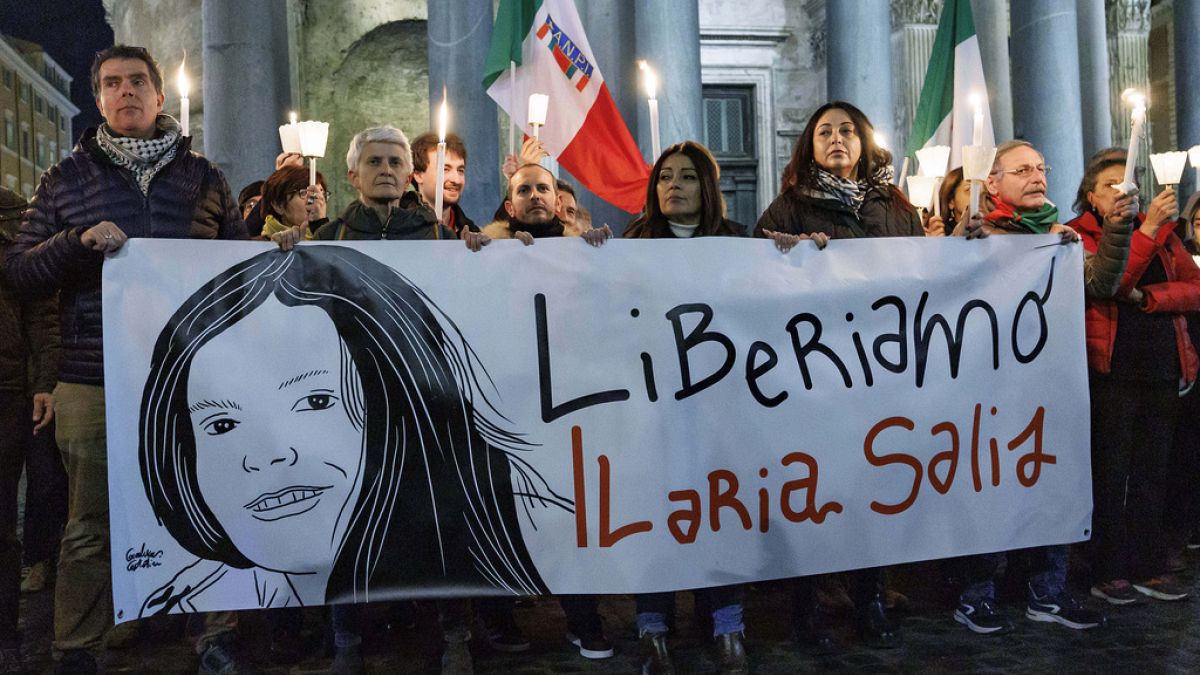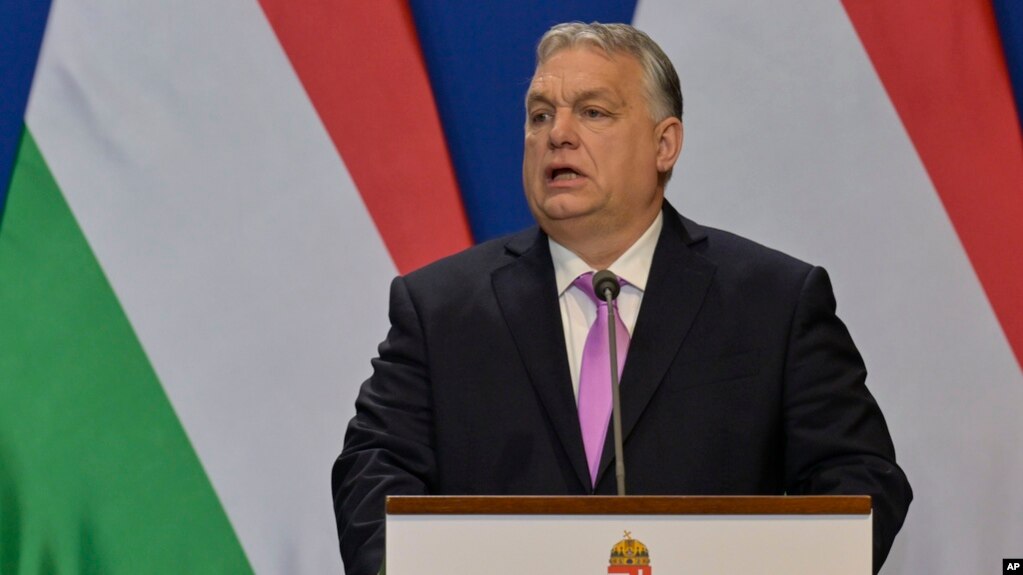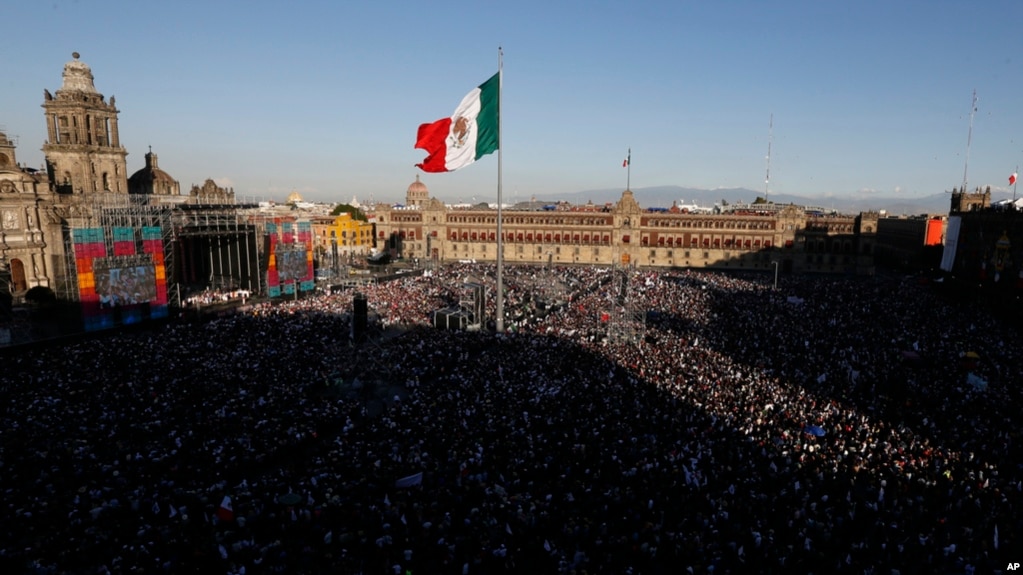GHOUL CAPITALI$M
Failed Graceland sale by a mystery entity highlights attempts to take assets of older or dead people
AP |
May 25, 2024 09:33 AM IST
Failed Graceland sale by a mystery entity highlights attempts to take assets of older or dead people
MEMPHIS, Tenn. — The catalyst behind the failed gambit to sell off the iconic Graceland property in Memphis is a mystery
The self-styled investment company also is under fire from a lawsuit alleging fraud, an aggressive attorney general and a community of Elvis Presley loyalists who consider the home-turned-museum of the the king of rock n’ roll to be sacred ground.
Among the many questions surrounding the attempt to auction Graceland is how often cases pop up in which an entity emerges to claim assets of older or dead people. Experts say it's more common than one might think.
“I have never heard of a fraud targeting such a well-known institution. So it’s a bit surprising on that end,” said Nicole Forbes Stowell, a business law professor at the University of South Florida's St. Petersburg campus. “But I don’t think it’s surprising to everyday people that are the targets.”
Naussany Investments and Private Lending caused a stir when a public notice for a foreclosure sale of the 13-acre Graceland estate was posted this month.
The notice said Promenade Trust, which controls the Graceland museum, owed $3.8 million after failing to repay a 2018 loan. Riley Keough, an actor and Elvis Presley's granddaughter, inherited the trust and ownership of the home after her mother, Lisa Marie Presley, died in 2023.
Naussany said Lisa Marie Presley used Graceland as collateral for the loan, according to the foreclosure sale notice. Keough filed a lawsuit on May 15 alleging Naussany presented fraudulent documents regarding the loan in September 2023 and asking a Memphis judge to block the sale to the highest bidder.
“Lisa Maria Presley never borrowed money from Naussany Investments and never gave a deed of trust to Naussany Investments,” Keough’s lawyer Jeff Germany wrote in the lawsuit.
“It's a scam,” actor Priscilla Presley, Elvis’ former wife, declared on her social media accounts.
On Wednesday, an injunction by Shelby County Chancellor JoeDae Jenkins halted the sale, which was planned for the next day. Jenkins said in court that Elvis Presley’s estate could be successful in arguing Nausanny's attempt to auction Graceland is fraudulent.
One reason is an affidavit from Kimberly Philbrick, the Florida notary whose name is listed on Naussany’s documents. Philbrick indicated she never met Lisa Marie Presley or notarized any documents for her, according to the lawsuit. The judge said the affidavit brought the signature's authenticity into question.
On the relevant documents, the signature blocks were not correct and the paperwork references an online notarization option that was not recognized in Florida until 2020, two years after the alleged notarization, Stowell said.
“That makes me wonder if these documents were created after Lisa Marie passed away,” Stowell said. "The whole thing does not pass the smell test.”
Mark Sunderman, a University of Memphis real estate professor, questioned why the lender would foreclose now if it had not received payments years after the loan was issued.
“If someone starts missing payments or hasn't made a payment, you're not going to sit around for a couple of years and then say, ‘Golly, I think we need to foreclose now,’” Sunderman said.
The lender's legitimacy also is in doubt after unsuccessful attempts by The Associated Press to verify its existence beyond an email address and court filing signed by a Gregory Naussany.
Court documents included company addresses in Jacksonville, Florida, and Hollister, Missouri. Both were for post offices, and a Kimberling City, Missouri, reference was for a post office box. The business also is not listed in state databases of registered corporations in Missouri or Florida.
“I’ve never heard of that business,” Kimberling City Clerk Laura Cather said.
A search of online records for the Financial Industry Regulatory Authority showed no registration for the company. No representatives of Naussany appeared in court, though the company filed an unsuccessful motion denying the lawsuit’s allegations and opposing the estate’s request for an injunction.
After the sale was halted, Naussany issued a statement saying it would drop its claim because a key document in the case and loan were recorded and obtained in a different state, meaning “legal action would have to be filed in multiple states.” The statement did not specify the other state.
Naussany has not responded to emailed interview requests from the . Online court records did not show any legal filings suggesting the claim, or the lawsuit, had been dropped.
Sunderman, the Memphis professor, said that apparently fraudulent claims involving real estate asset disputes arise more often than people think, especially in situations involving inheritances.
“It’s very difficult for someone to say, ‘Well, no, I didn’t take out this loan, I didn’t sign these papers,' when they’re dead,’” Sunderman said.
Darrell Castle, a Memphis attorney not involved in the case but monitoring it, said he often sees cases where older people are targets of fraud.
“I get cases quite often where people who are really helpless in the final stages of life in a nursing home are financially victimized,” Castle said. “The human mind will think of some way to cheat and steal if it can."
Tennessee Attorney General Jonathan Skrmetti said Thursday that his office was looking into the case to determine whether the estate was targeted with fraud.
Skrmetti's office can investigate and bring civil lawsuits, including in instances of alleged consumer fraud. It could turn over evidence of criminal wrongdoing to the district attorney or federal authorities.
Opened in 1982, Graceland quickly became Memphis' most famous tourist attraction and a touchstone for fans of Elvis Presley, the singer, actor and fashion icon who died in August 1977 at the age of 42. Hundreds of thousands of visitors flock annually to the museum and the large entertainment complex across the street.
Who would target it with a scheme that “fell apart with the first email and phone call, or internet search,” and what holes in the legal system let it got closer to the auction block than it should have, should be the focuses of the attorney general, said Nikos Passas, a Northeastern University criminology and criminal justice professor.
“The chance of succeeding in what they were trying to do — that is, to get the property auctioned off and get the proceeds and then use the money — doesn’t seem to be the actual intent, unless they are incredibly stupid,” Passas said. “So, the question is then, ‘What was the intent, and who was behind it?’”
Mattise reported from Nashville, Tennessee. reporter Heather Hollingsworth contributed from Mission, Kansas.








 F
F




